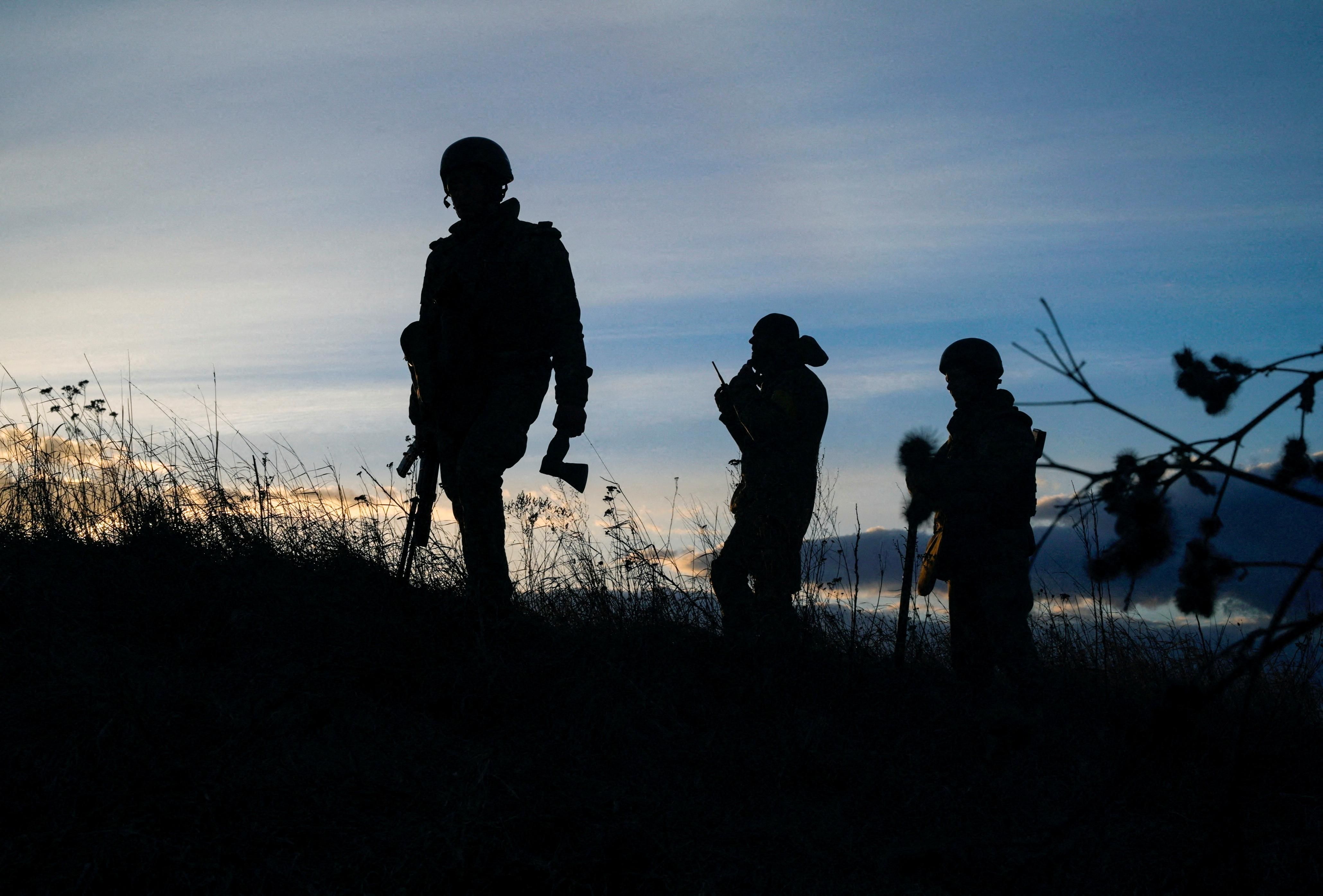Russian and Ukrainian representatives met for “talks” in Belarus on Monday, but they left little hope for a swift resolution to the crisis. They also made only vague plans to continue negotiations soon.
Simultaneously, Russia ramped up its assault, shelling residential areas in Kharkiv, Ukraine’s second-largest city, where at least 11 civilians were killed, and intensifying the air and ground attack on Kyiv. While Russian troops have faced tough pushback from Ukrainians, a nearly 40-mile-long convoy of Russian arms is reportedly en route to the capital, which the Pentagon now says Moscow is close to encircling. British intelligence warned that Russia is upping its use of artillery in several cities, which could increase civilian casualties.
In Russia, meanwhile, people are already feeling the burn of international pariah status. The ruble crashed 30% against the dollar on Monday, and Russia’s stock market remained closed as the West imposed sanctions against the Russian Central Bank and other big lenders. Several cities in Russia saw mass bank runs as people feared losing access to their savings.
The dreaded refugee crisis is fast becoming a reality. Half a million Ukrainians have already fled, with most going to neighboring Poland, as well as Hungary, Romania, Slovakia, and Moldova. These countries have rolled out the red carpet for Ukrainians but have reportedly been stopping Africans also trying to flee.
Russian President Vladimir Putin, for his part, appears increasingly agitated by how things are going in Ukraine, and some analysts warn that he appears to be recalibrating his military strategy, meaning things could soon get worse.More For You
For many in Iran, it’s a waiting game for how long Ayatollah Khamenei has left to live.
Most Popular
In a 30-minute call on Thursday, President Donald Trump reportedly told Ukrainian President Volodymyr Zelensky he wants to end the war with Russia as soon as possible — aiming for a deal by summer, but ideally within weeks.
Former British ambassador to the U.S. Peter Mandelson leaves his residence after he was released following his arrest by London police on Monday on suspicion of misconduct in public office, following the release of U.S. Justice Department files linked to the late financier and convicted sex offender Jeffrey Epstein, in London, Britain, February 26, 2026.
The ghost of Jeffrey Epstein continues to haunt the world.
Think you know what's going on around the world? Here's your chance to prove it.
